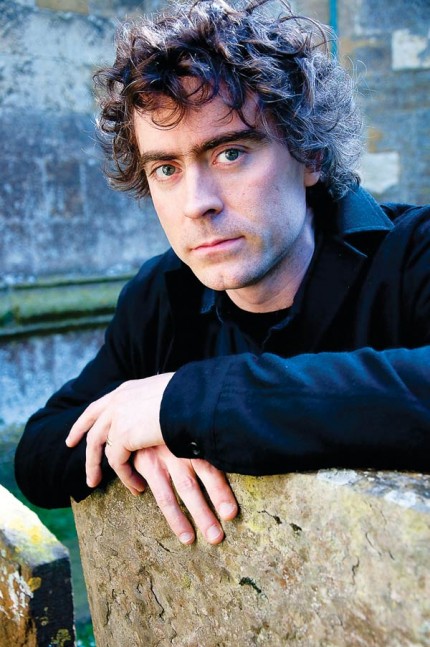An admirable start to an ambitious Schubert project

At the same time that the Pacifica Quartet’s Shostakovich cycle was reaching its penultimate program Sunday afternoon, a new project began that may prove just as significant on the local music scene
Paul Lewis began a cycle of Schubert’s complete piano works Sunday at Symphony Center, a series that will encompass five programs over the next three seasons. This follows his internationally performed cycle of Beethoven’s complete sonatas in 2005-2007. Lewis will return to Chicago in May for the second recital in the series.
Sunday’s opening program set the tone neatly with two sonatas, one mature and one unfinished, and a familiar non-sonata work.
The Sonata in C major, D. 840, was one of several works in the genre Schubert failed to complete and it’s not difficult to understand why. With the composer’s expressive intensity and startling modulations pushing the sonata form beyond its traditional parameters, even he seemed surprised and baffled about how to continue many of his most envelope-pushing keyboard essays.
The two completed movements, performed by Lewis Sunday, showed a familiar Schubert style, with an opening Moderato that blends stately lyricism and a forthright drama that grows increasingly stormy.
It’s too bad the unmuffled coughers and a cretinous audience member’s cell phone intruded on the stoic introspection of the ensuing Andante. Even with the distractions, Lewis’s blend of tonal elegance, tempered dramatic contests and pristine technique was consistently illuminating, with the bizarre loud and soft repetitions of the principal theme at the coda appropriately jarring.
Spanning four movements and forty minutes, the Sonata in D major is a much larger proposition. Yet unlike many of Schubert’s longer sonatas, D.850 is a largely optimistic work. The Sonata hails from 1825 and one of the happiest periods of Schubert’s short life, reflected in the predominant cheerful spirits.
The opening Allegro leads off with an assertive Beethovenian theme and contrasting folk motif, developed and spun out to a spacious length. Lewis’s touch was fractionally overemphatic in the long first movement where one sometimes wanted more light and shade.
The British pianist was superb, however, in the ensuing section. Properly con moto as marked, Lewis brought just the right degree of unsentimental introspection to the music, with a spring-like rippling delicacy to the more animated contrasting section. The Scherzo was snappily rhythmic and the finale could have charmed the avians out of the Viennese trees with Lewis bringing out the wry wit and naive folk rusticity of the main theme. The coda was beautifully rendered with the music growing quieter and ending on a note of happily relaxed contentment.
The afternoon’s centerpiece offered one of Schubert’s most popular keyboard efforts, the Three Piano Pieces, D.946. Here too Lewis was inspired, conveying the tense restless energy of the opening section in E flat minor with a delicious easing into the more interior second theme (partly undermined by the noisy late seating of audience members allowed by the ushers).
Lewis brought out the limpid song-without-words expression of the second section and was at his finest in the unbridled joie de vivre of the C-major finale, throwing off the rollicking bravura with complete technical finish and tonal finesse.
No encore but an admirable start to what promises to be an important concert series in Chicago.
Posted in Performances





